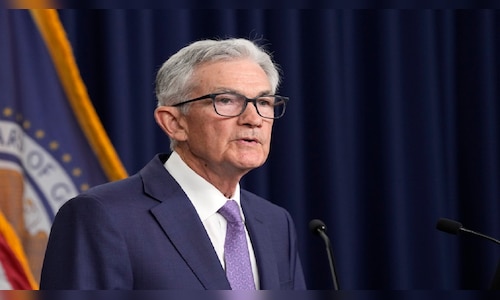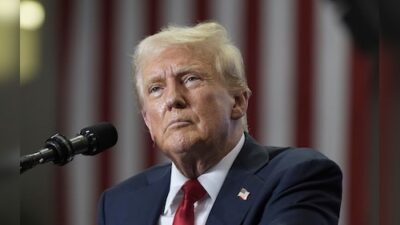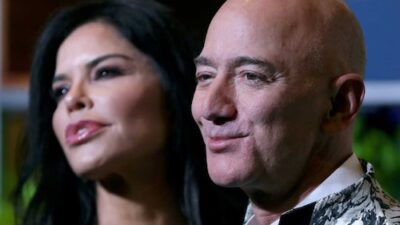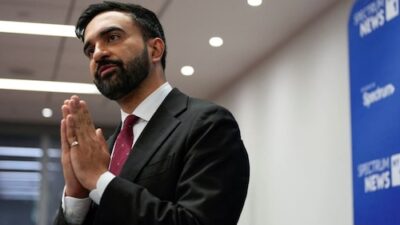During his semi-annual testimony before the House Financial Services Committee, Powell stated that the Fed is “well-positioned to wait to gain more insight into the likely trajectory of the economy before contemplating any changes to our policy stance.”
The Fed reduced rates three times late last year, bringing them down to approximately 4.3%. However, it has since paused further cuts due to concerns that Trump’s tariffs could elevate inflation.
The Fed’s cautious strategy contrasts with the increasing pressure from both the White House and some policymakers advocating for rate reductions. US President Donald Trump has consistently criticized Powell and the Fed, claiming they are maintaining interest rates too high and hindering growth.
“Tariff increases this year are expected to raise prices and negatively impact economic activity,” Powell remarked, adding that while the inflationary effects might be short-lived, they could also continue based on how circumstances unfold.
Powell recognized during the hearing that various scenarios remain on the table, including the possibility of needing to cut rates earlier if inflation continues to be weak or if the labor market shows signs of distress.
President Trump has escalated his criticisms of Powell recently, advocating for a significant decrease in interest rates.
In a social media message early Tuesday morning, Trump labeled Powell as “this very dumb, hardheaded person,” urging Congress to hold him accountable. “We will be paying for his incompetence for many years to come,” he stated.
Trump’s remarks come even though the Fed has kept rates steady at its last four meetings, amid signs of economic resilience in the US, coupled with persistent worries over inflation, global uncertainty, and trade disruptions.
The president has imposed a 10% tariff on all imports, along with an additional 30% tax on goods from China, 50% on steel and aluminum, and 25% on automobiles.
When questioned about the likelihood of two rate cuts remaining on the table this year, as some Fed officials have projected, Powell refrained from making commitments, indicating that rate decisions will rely on economic developments, which he characterized as “highly uncertain.”
With inputs from agencies



